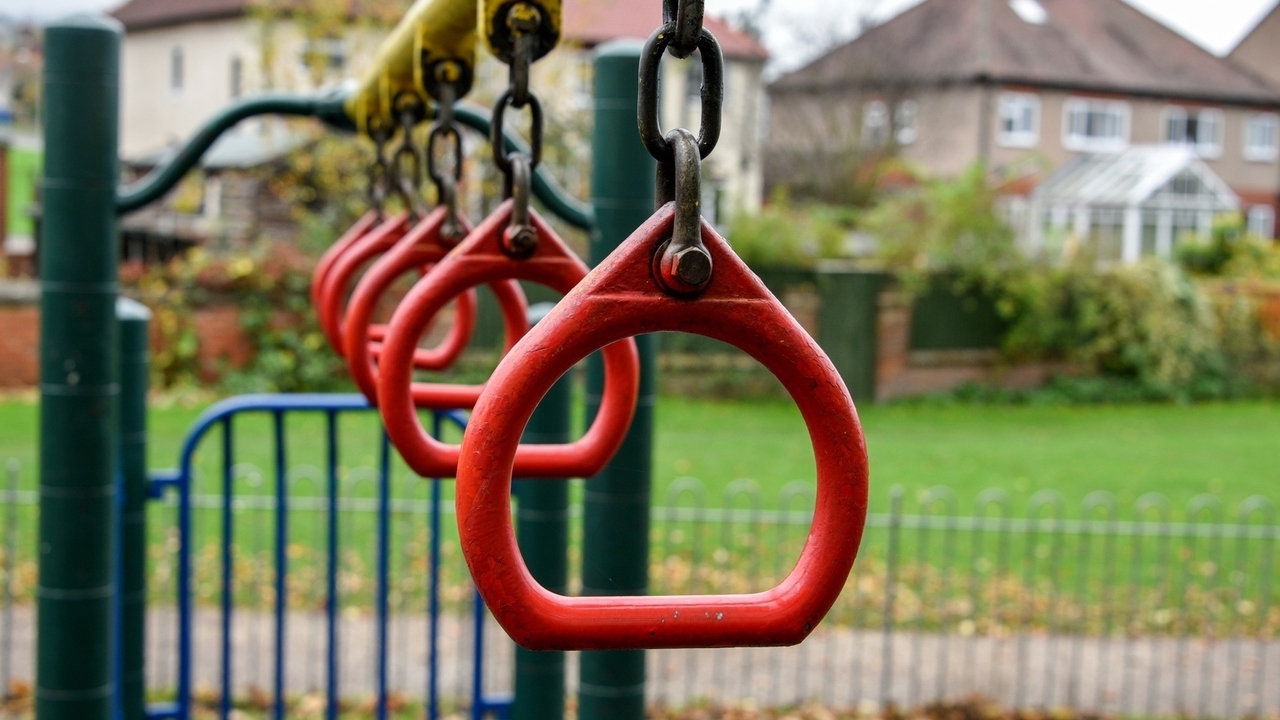 MonkeyBusiness Images/PhotoSpin
MonkeyBusiness Images/PhotoSpin
Do you sometimes take a few extra seconds to think of just the right word? Forget a name? Do you blame your absentmindedness on your age?
In "The Myth of Cognitive Decline: Non-Linear Dynamics of Lifelong Learning," scientists challenge the long-held belief that cognitive decline is inevitable as we age.
Scientists formerly thought that human cognition reaches its peak in young adulthood and decelerates from there. But that doesn't seem to be the case. What does slow down is our memory and word retrieval.
Since an older person’s experience is more vast, it makes sense that accessing information takes longer. Gossamer, anti-penultimate, nadir. . . ask any fifteen-year-old if he or she knows those words. The answer is probably no. It’s like comparing a leaflet to a library.
Because an older person’s lexicon is so much larger, the time it takes to find the precise word — the "lexical decision response" — is slower. This extended processing time in older adults has formerly been considered a detriment. But the tests that have been used to assess cognition are flawed.
The myth of cognitive decline has been established by psychometric tests that do not measure how human knowledge grows with experience. Rather, the tests measure for rapid answers.
The previous article stated, “... the myth of cognitive decline is leading to an absurd waste of human potential and human capital. It thus seems likely that an informed understanding of the cognitive costs and benefits of aging will benefit all society, not just its older members.”
There are, of course, conditions which affect cognition, such as Parkinson’s disease, Alzheimer’s disease and depression. Managing chronic illness is crucial to maintaining healthy brain function. And excessive drinking will slow anybody down, so don’t overdo it.
Finally, exercise can increase your gray matter, especially in the areas of the brain that control coordination and motor control, according to this twin study.
So that word hesitating right there on the tip of your tongue? It’s there because you’ve read so many books, not because you’ve had so many birthdays. Take care of yourself, exercise, drink in moderation and throw around some good, big words. You’ve earned them.
Sources:
One Twin Exercises, the Other Doesn’t. well.Blogs.nytimes.com. Retrieved March 16, 2015.
http://well.blogs.nytimes.com/2015/03/04/one-twin-exercises-the-other-doesnt
Older Really Can Mean Wiser. NyTimes.com. Retrieved March 16, 2015. http://www.nytimes.com/2015/03/17/health/older-really-can-mean-wiser.html?ref=science
The Myth of Cognitive Decline: Non-Linear Dynamics of Lifelong Learning. wiley.com. Retrieved March 25, 2015.
http://onlinelibrary.wiley.com/doi/10.1111/tops.12078/full
Reviewed March 26, 2015
by Michele Blacksberg RN
Edited by Jody Smith





Add a CommentComments
There are no comments yet. Be the first one and get the conversation started!